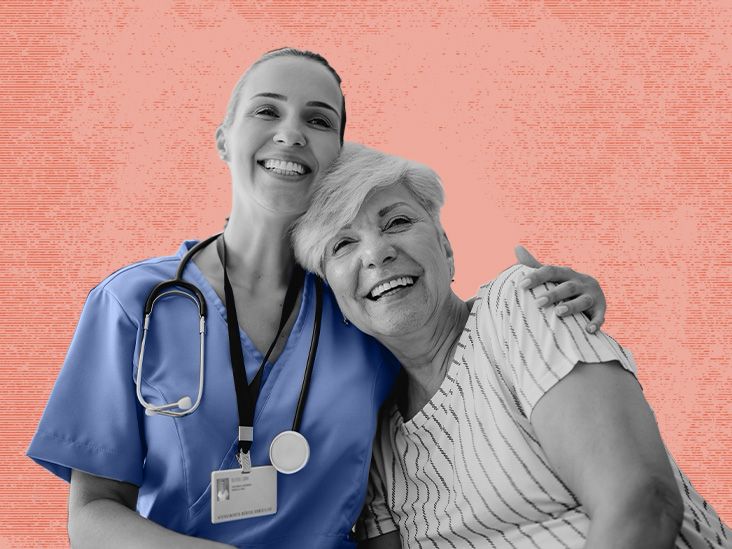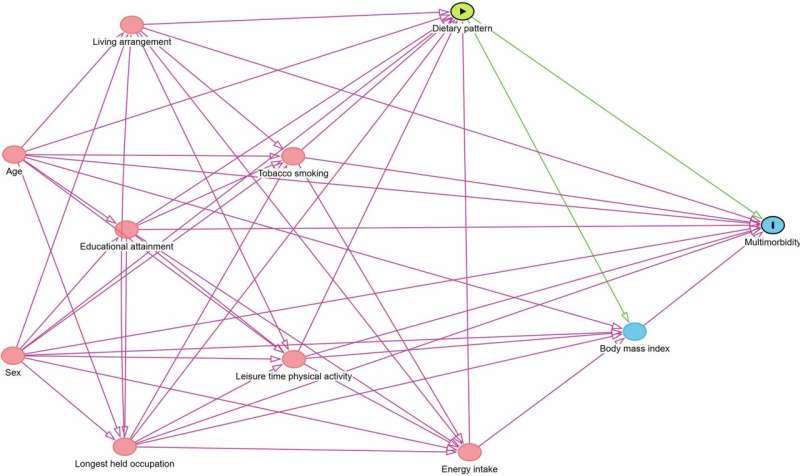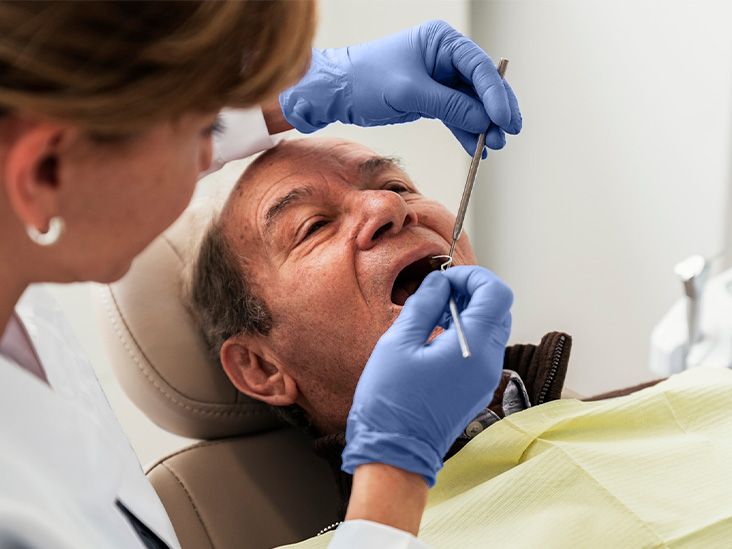Hey there! If you're reading this, chances are you or someone you care about is navigating the world of Medicare in New York. Let me guess it feels a bit like trying to solve a puzzle with pieces that keep changing shape, right? Well, you're not alone, and I'm here to walk through this journey with you.
Medicare can seem overwhelming at first glance, especially when you factor in New York's unique landscape. But here's the thing once you understand the basics and know where to look for help, it becomes so much more manageable. Think of this as your friendly roadmap through the Medicare maze.
Essential Medicare Basics in NY
Let's start with the fundamentals. Medicare is like a four-part symphony, and each part plays a crucial role in your healthcare coverage. Part A covers hospital stays think overnight visits, skilled nursing facility care, and some home health services. Part B handles outpatient care, preventive services, and medical supplies. Together, these make up Original Medicare.
But wait, there's more! Medicare Part C, also known as Medicare Advantage, offers an alternative way to receive your benefits through private insurance companies. And Part D? That's your prescription drug coverage, which can be a real lifesaver when it comes to medication costs.
Eligibility in New York follows federal guidelines you're typically eligible if you're 65 or older, have certain disabilities, or have End-Stage Renal Disease. The beauty here is that while Medicare is a federal program, New York adds its own flavor with state-specific assistance programs that can make a significant difference in your out-of-pocket costs.
Comparing Your Coverage Choices
Now, this is where things get interesting. You've got two main paths in front of you: Original Medicare or Medicare Advantage. It's kind of like choosing between cooking at home or ordering takeout both have their perks and drawbacks.
| Original Medicare | Medicare Advantage NY |
|---|---|
| More provider freedom | Extra benefits: dental, vision, etc. |
| No network limits (usually) | Limited providers out of network |
| Needs Medigap/MedSupp for full coverage | May bundle drugs, medical, hospital |
| Out-of-pocket costs can add up | Typically capped OOP max per year |
From my experience working with folks across New York, I've noticed that many people gravitate toward Medicare Advantage plans for the convenience factor. If you tend to stay within your local area and don't travel much, these plans can simplify your healthcare experience. You get everything bundled together, often with additional perks like gym memberships or dental coverage.
On the flip side, Original Medicare gives you the freedom to see virtually any doctor or hospital that accepts Medicare, which can be a huge advantage if you like to travel or have specialists you want to keep seeing.
Medigap: Filling the Gaps
Here's where things got a bit tricky in 2020. If you're new to Medicare, you might be wondering about Medigap plans those supplemental policies that help cover costs that Original Medicare doesn't pay. Well, there was a significant change that affects new enrollees.
The plans that were once staples Plan C and Plan F are no longer available if you're enrolling in Medicare for the first time. Now, the focus is on Plans A, B, and typically either D or G. Plan G has become particularly popular because it covers everything except the Part B deductible, which can save you a bundle in the long run.
I remember working with a client named Robert who was initially worried about this change. But once we sat down and looked at the numbers, he realized that Plan G actually gave him better value for his specific situation. Sometimes change, while initially concerning, can lead to better outcomes.
Prescription Drug Coverage Made Simple
Let's talk about something that affects almost everyone prescription medications. Whether it's a maintenance medication for blood pressure or something you need after surgery, prescription costs can really add up. That's where Medicare Part D comes into play.
The good news? New York offers some fantastic resources to help you find the best drug plan for your needs. The Medicare Plan Finder is like having a personal shopper for your prescriptions you enter your medications, and it shows you which plans cover them and at what cost.
I'll never forget Maria, a client from Queens, who was spending over $200 a month on her diabetes medications. We used the Plan Finder together during open enrollment, and she ended up saving over $3,000 in a single year. That's enough to take a nice vacation or finally fix that leaky faucet!
For those who need extra financial assistance, programs like Extra Help can significantly reduce your prescription costs. And New York's own EPIC program (Elderly Pharmaceutical Insurance Coverage) provides additional support for eligible residents. These programs are real game-changers for many people.
Money-Saving Programs You Should Know About
Let's be honest healthcare costs can feel like they're eating into your grocery budget, travel fund, or whatever you were saving for. But here's some great news: New York has several programs specifically designed to help lower-income residents manage their Medicare costs.
Medicare Savings Programs (MSPs) can help cover your Part B premiums, and sometimes even your deductibles and copayments. The Extra Help program focuses specifically on prescription drug costs. And don't overlook the EPIC program I mentioned earlier it can provide significant savings on medications.
Applying for these programs is easier than you might think. You can apply online through Social Security or give them a call at 800-772-1213. I always tell people: "If you think you might qualify, it's worth applying. The worst thing that can happen is they say no, and the best thing is significant savings."
Avoiding Common Medicare Mistakes
We all make mistakes it's part of being human. But some Medicare mistakes can be costly, both financially and in terms of coverage gaps. Let's chat about a few common ones so you can sidestep them.
First up: late enrollment penalties. These can really sting, adding extra costs to your monthly premiums for as long as you have Medicare. The key is understanding your Initial Enrollment Period that seven-month window that starts three months before the month you turn 65.
I once had a client who thought Medicare would just kick in automatically when she turned 65. Unfortunately, she missed her enrollment window and faced penalties that added up to hundreds of dollars over the years. The good news? We caught it in time to minimize the damage, but it was a valuable lesson for everyone involved.
Another common mix-up is confusing Medigap and Medicare Advantage. Here's the thing you can't have both. Medicare Advantage is an alternative to Original Medicare, while Medigap supplements Original Medicare. It's like trying to wear two different pairs of shoes at the same time it just doesn't work.
Free Help When You Need It
Here's something I really want you to know: you don't have to figure this out alone. New York offers fantastic free counseling services to help you make informed decisions about your Medicare coverage.
HIICAP that's the Health Insurance Information, Counseling and Assistance Program provides free, unbiased help statewide. They're like your Medicare guides, helping you understand your options without trying to sell you anything. You can reach them at 800-701-0501, and I promise they're incredibly helpful.
The New York City Department of Aging also offers facilitated enrollment services, which I've found particularly helpful for people who prefer face-to-face assistance. And if you prefer to chat with someone over the phone, the CMS.gov helpline is available 24/7.
Judy, a client from Rochester, shared that she was nervous about the whole process until she visited her local office. "The counselor there made everything so clear," she told me. "I went in feeling confused and left with a plan that made sense for me."
Making Your Decision With Confidence
As we wrap up this conversation, I want you to remember something important: there's no one-size-fits-all Medicare solution. What works perfectly for your neighbor might not be the best fit for you, and that's completely okay.
Take your time to explore your options, ask questions, and don't be afraid to seek help. The counselors and resources available in New York are there for a reason to help you make informed decisions about your healthcare coverage.
Think of Medicare enrollment as an investment in your future health and financial well-being. The time you spend understanding your options now can save you stress, confusion, and money down the road. Plus, once you have a solid plan in place, you can focus on the things that really matter to you whether that's traveling, spending time with family, pursuing hobbies, or simply enjoying your golden years.
Remember, the key is starting the conversation, whether that's with a family member, a counselor, or even just talking through your thoughts out loud. Every step you take toward understanding your Medicare options in New York brings you closer to the peace of mind that comes with knowing you're covered.
You've got this, and you're not alone in this journey. New York has some fantastic resources, caring professionals, and programs designed specifically to help you navigate Medicare with confidence.
FAQs
What are the main parts of Medicare available in New York?
Medicare in New York includes Part A (hospital insurance), Part B (medical insurance), Part C (Medicare Advantage), and Part D (prescription drug coverage). Beneficiaries can choose between Original Medicare or Medicare Advantage plans, depending on their healthcare needs.
Can I get extra help with Medicare costs in New York?
Yes, New York offers several programs like Medicare Savings Programs (MSP), Extra Help, and EPIC (Elderly Pharmaceutical Insurance Coverage) to assist eligible residents with premiums, deductibles, and prescription drug costs.
What is the difference between Medigap and Medicare Advantage in NY?
Medigap (Medicare Supplement) plans work alongside Original Medicare to cover out-of-pocket costs. Medicare Advantage (Part C) is an alternative to Original Medicare, often including additional benefits like dental and vision, but with network restrictions.
How do I find the best prescription drug plan in New York?
You can use the Medicare Plan Finder tool online to compare Part D plans based on your specific medications. New York also offers the EPIC program for additional prescription assistance to qualified residents.
Where can I get free help with Medicare decisions in New York?
New York provides free assistance through HIICAP (Health Insurance Information, Counseling and Assistance Program), the NYC Department of Aging, and the national Medicare helpline at 1-800-MEDICARE.
Disclaimer: This article is for informational purposes only and does not constitute medical advice. Always consult with a healthcare professional before starting any new treatment regimen.
Related Coverage
Quick ways to spot and stop Medicare scam calls, protect your personal info, and report fraud with confidence and ease....
Choosing between walkers vs canes depends on your balance, strength, and daily needs. Find the right mobility aid for you....
Find out how Medicare covers lisinopril, what your costs may be, and how to save on this essential blood pressure medication....
Avoid common Medicare mistakes that cost you money. Learn how to enroll on time, choose the right plan, and save on healthcare....
See how IRMAA Medicare premiums are determined based on your income and what you can do to manage them effectively....
Quickly verify Medicare eligibility online to avoid surprises. Check your coverage status in minutes with our simple guide....
Find the best Medicare Advantage plan for 2025 by checking your doctors, prescriptions, costs, and benefits for a perfect fit....
A healthy diet for seniors boosts energy, supports brain health, and prevents disease. Easy changes make a big difference as you age....
Find the best Montana Medicare options for your needs. Compare plans, save money, and get the coverage you deserve in Big Sky Country....
Get the facts on Medicare Advantage dental coverage, including what's included, how to find care, and plan comparisons....









